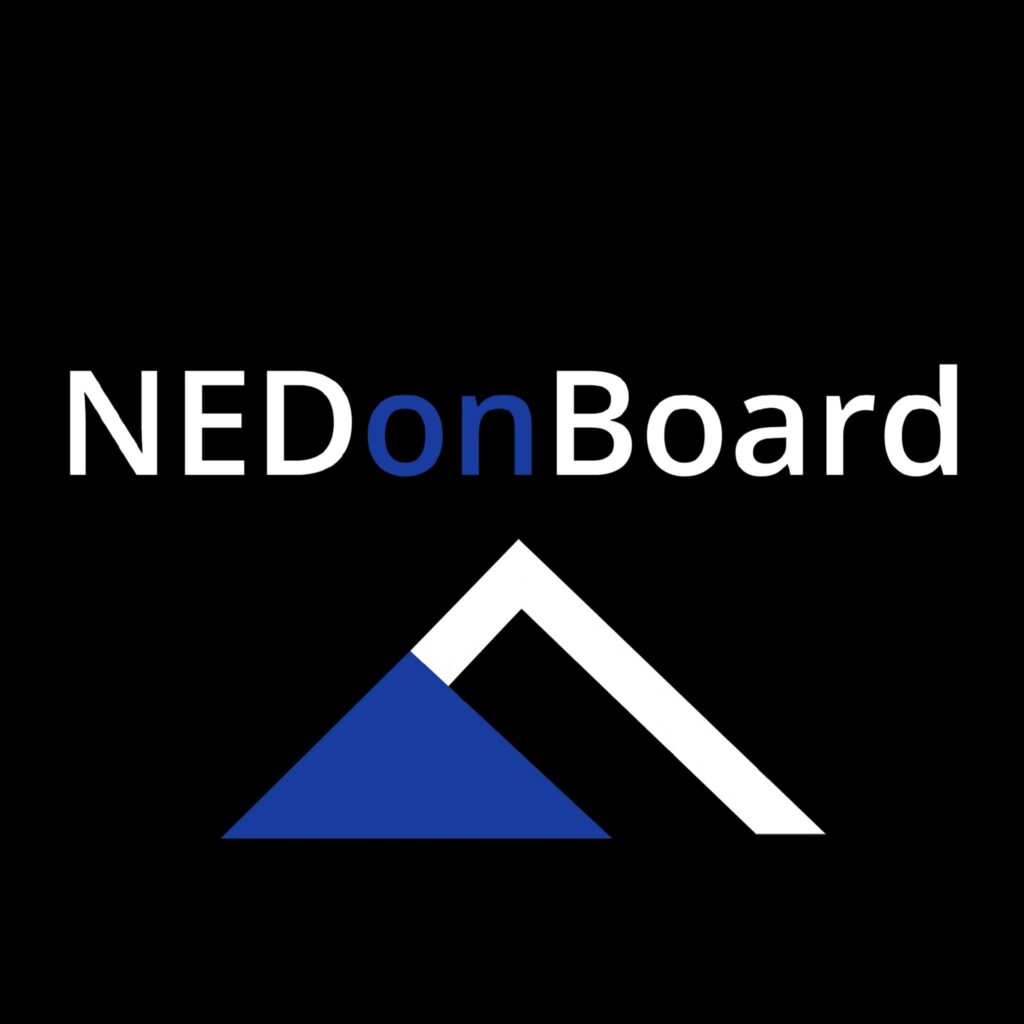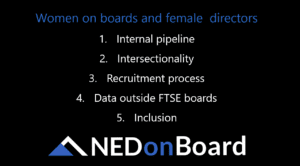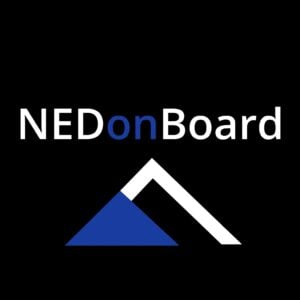The pandemic and its consequences on our ways of working, pressure to tackle climate change and social inequalities, call for greater diversity in the workplace are some of the challenges (and opportunities) that boards face. These challenges are fast evolving and require new leadership and specialist skills, such as HR, digital, sustainability, ED&I (Equality, Diversity & Inclusion).
“The vast sustainability revolution we have ahead of us has the scale of the industrial revolution coupled with the pace of the digital revolution”.
Lucy Yu, CEO at Centre for Net Zero, NED and Advisory Board Member (NEDonBoard panel event, 2nd November 2021)
As a non-executive director, are you equipped to meet the challenges of today? Does your board have the mix of skills required for the long-term sustainable success of your organisation? Have you and your fellow board members upskilled to remain effective?
In an interview with Fortune in November 2021, Paul Polman, former CEO of Unilever said that: “The reason boards struggle with that is they’re just not equipped to deal with today’s challenges. It might sound harsh, but that is the reality. They don’t reflect the real world anymore. They grew up at a different time period, did an outstanding job then, but the world has moved on.”
Identification of gaps in skills is essential to equip boards to meet today’s challenges. Effective boards evaluate routinely whether their composition is fit-for-purpose. They use training or external recruitment to fill identified gaps. In doing so, they position themselves for sustainable long-term success.
“Self-assessment of skills at board level is critical to identifying and filling gaps”
Dianne Walker, portfolio NED, SID, and chair (NEDonBoard roundtable, 18th January 2022)
NEDonBoard is worried that part of its community is solely focused on securing their next appointment and growing a portfolio of positions. Some non-executive directors don’t (yet?) consider refreshing, developing, or upskilling – and they may be highly experienced.
But given the pace of today’s changes, one can easily argue that ongoing professional development is not an option. The Code and the Wates Principles encourage boards to offer ongoing professional development for their members and non-executive directors to seize such training opportunities, to keep pace with rapid changes in the environment. Why wouldn’t a board want its members to be at the cutting edge of their industry and business governance practices?
NEDonBoard is of the view that assessing a prospective NED’s willingness to self-assess their skills gap and undertake training should be explored in interviews.
Written by Elise Perraud, NEDonBoard COO
To go further, NEDonBoard hosted a board talent strategy roundtable in February 2022, attended by experienced non-executive directors. Roundtable discussions are by invitation only and the number of participants is limited to 8. To view our upcoming roundtable events, please visit our agenda and contact us at [email protected] to confirm your registration. Member attendance is prioritised. Not a member yet? Join hundreds of experienced board professionals and become a member.




